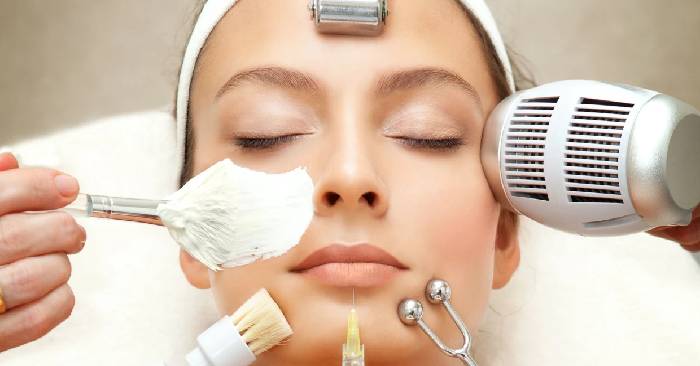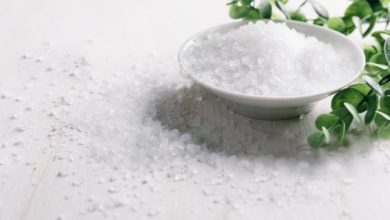How does excessive exfoliating affect your skin?

Does your skin appear renewed and refreshed after removing dead skin cells from its surface? On the other hand, exfoliation is an important part of your skincare routine that can work miracles if done correctly. However, too much of a good thing might do more harm than good to your skin.
Over-exfoliation, whether with physical or chemical exfoliants, can damage your skin to the point where it takes a long time to recuperate. To learn more about over-exfoliation, we spoke with Dr. Kaustav Guha, R&D Head of SkinKraft Laboratories.
What happens to skin that has been over-exfoliated?
Exfoliation stimulates the turnover of skin cells. As a result, when you exfoliate, new cells appear on the surface of your skin. This rejuvenates your skin, improves its texture, and evens out your complexion. However, if you exfoliate too much or too regularly, you will destroy the new skin cells at the skin’s surface before they have a chance to settle in. As a result, one or more of the following symptoms may occur:
1.Irritation and redness
If your skin appears to be excessively red, you may have over-exfoliated. Itching or a burning feeling may also accompany it. Excessive washing or peeling of the skin can cause it to feel rough and uncomfortable.
2. Inflammation and puffiness
If you detect swelling or puffiness in the exfoliated area, you may have damaged your skin’s lipid layer. Your skin’s lipid layer seals in moisture and protects it from the elements. Damage to your skin’s lipid layer might make it more sensitive and fragile.
3.Extremely sensitive skin
Excessive exfoliating might cause your skin to become highly sensitive. Certain products can cause unfavorable responses in your skin, even if you tolerate them normally. If you have over-exfoliated, you should avoid using harsh cleansers and vitamin A treatments (retinol, retinoids, and so on) as well as other physical or chemical exfoliants until your skin has healed completely.
4.Too dry or perhaps overly oily
The natural oil created by your skin not only offers you beauty but also protects your skin. Excessive exfoliating depletes your skin’s natural oil, causing it to seem dry and flaky.
If you have oily skin, you may believe that exfoliating more will solve your problems, but you couldn’t be more wrong! To compensate for the odd dryness induced by over-exfoliation, your skin begins to produce excessive oil.
More outbursts
Excessive exfoliation, you read that correctly, might aggravate your acne issue in the following ways:
The skin’s protective barrier function is compromised, allowing acne-causing microorganisms to wreak havoc on your skin.
Excessive scrubbing or peeling can cause inflammation, which can lead to additional breakouts.
Increased oil production as a result of over-exfoliation might clog your pores, resulting in more pimples and blackheads.
Skin that is waxy and tight
If your skin has an unhealthy waxy shine or feels tight and dry, you may have over-exfoliated it. Well-hydrated skin is supple, radiant, and smooth to the touch. However, if the topmost layer of your skin is injured, water loss increases and your skin appears thin and taut.
How do you treat over-exfoliated skin?
To relieve inflammation and discomfort, apply an ice pack.
You can also use aloe vera gel that has been chilled in the refrigerator to help soothe your skin.
Apply a mild, fragrance-free moisturizer on your skin. Ceramide-containing lotions can aid in the healing of your skin’s protective barrier.
Using a vitamin C serum can help your skin repair more quickly.
To reduce redness and irritation, apply hydrocortisone cream or lotion.
Take anti-inflammatory medication as directed by your doctor if you are experiencing extreme pain, swelling, or inflammation.






